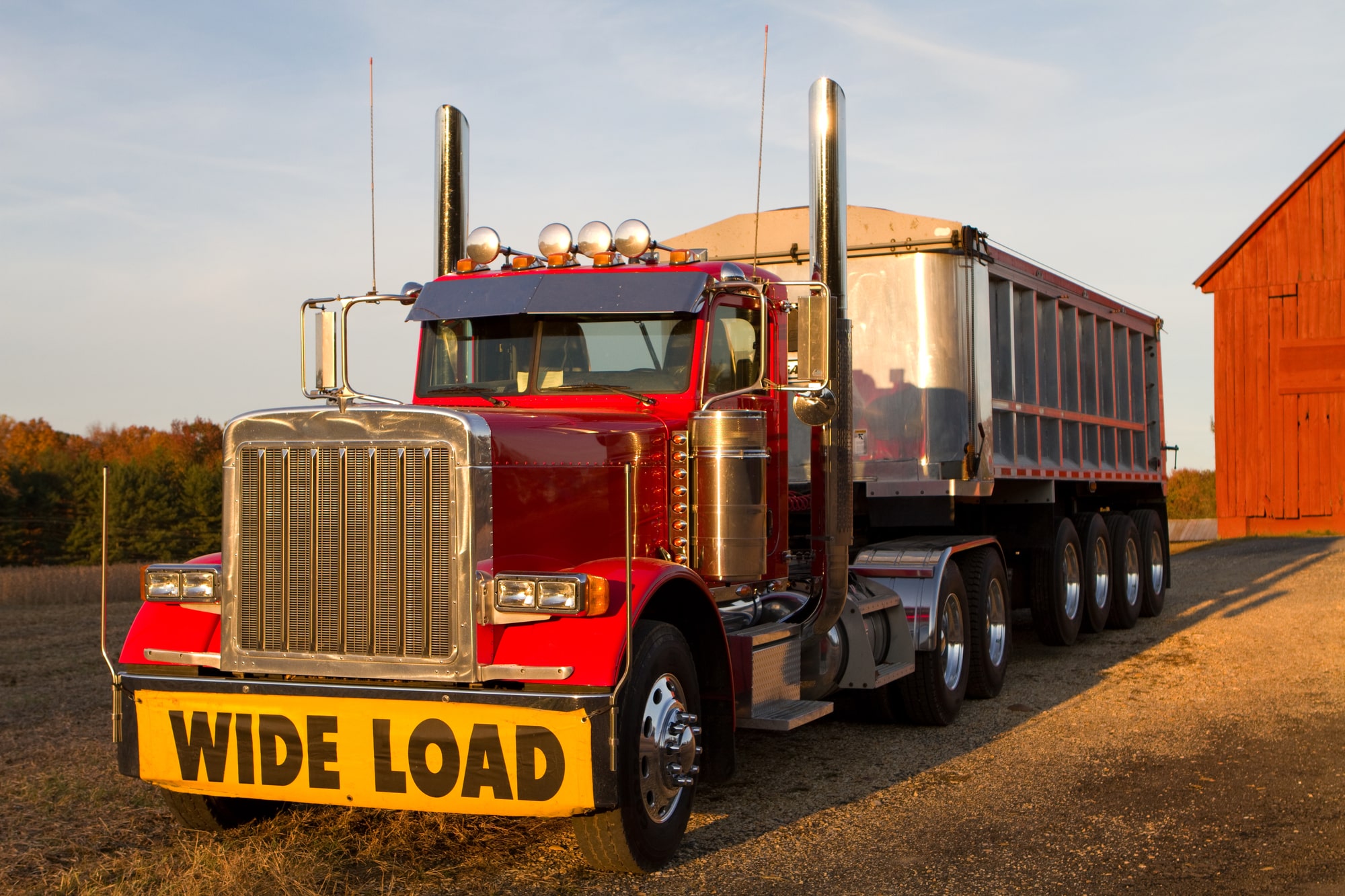If you or a loved one have experienced a truck accident, it is imperative to contact a truck accident lawyer as soon as possible. Truck accidents are a persistent issue on our roadways, often causing significant harm to people and property. To comprehend why truck accidents occur, it is crucial to explore the multitude of factors that contribute to these incidents.
1. Driver Error
The leading cause of truck accidents, like many other vehicular accidents, is driver error. Truck drivers, despite their training and experience, can make mistakes that lead to devastating consequences. Long hours on the road can lead to driver fatigue. Truck drivers often face tight delivery schedules and may push themselves to the limit, compromising their ability to stay alert and make sound decisions. Distractions, such as texting, eating, or adjusting the radio, can divert a driver’s attention from the road. Given the size and weight of trucks, even a momentary lapse in attention can have severe consequences. Driving under the influence of alcohol or drugs is a significant contributor to truck accidents. Impaired judgment and slower reaction times increase the likelihood of accidents. Inexperienced or improperly trained truck drivers may struggle to handle these massive vehicles effectively. A lack of knowledge about safety protocols and handling procedures can lead to accidents.
2. Speeding
Excessive speed is a prevalent issue in truck accidents. Trucks require more time and distance to come to a stop compared to passenger vehicles. When truck drivers exceed speed limits or fail to adjust their speed to road conditions, they increase the risk of accidents. Speeding also reduces a driver’s ability to react to unexpected situations.
3. Mechanical Failures
Truck accidents can result from mechanical failures, despite rigorous maintenance schedules. Common mechanical issues including brake malfunctions are a significant concern. Trucks rely on powerful braking systems to slow down and stop, and any failure in these systems can lead to catastrophic accidents. Blowouts can cause a truck to lose control, especially at high speeds. Poorly maintained tires are more prone to blowouts, putting both the truck driver and other road users at risk. Problems with steering or suspension can make it challenging for a driver to maintain control of the truck, especially in emergency situations.
4. Weather Conditions
Adverse weather conditions significantly contribute to truck accidents. Rain, snow, ice, fog, and heavy winds can impair visibility and road traction, making it challenging for truck drivers to navigate safely. Reduced visibility and slippery roads increase the risk of accidents.
5. Overloaded or Improperly Loaded Trucks
Truck accidents can occur when vehicles are overloaded or improperly loaded. Exceeding weight limits or loading cargo unevenly can affect a truck’s stability, making it more susceptible to rollovers or loss of control. Proper cargo securement is essential to prevent shifting loads, which can lead to accidents.
6. Other Drivers’ Actions
Truck accidents can be caused by the actions of other drivers on the road. Passenger vehicles that cut off trucks, follow too closely, or fail to yield the right of way can create dangerous situations. Trucks have limited visibility and longer stopping distances, making it critical for all drivers to share the road responsibly.
7. Environmental Factors
Environmental factors, such as poor road conditions, construction zones, and debris on the road, can contribute to truck accidents. These factors can force truck drivers to make sudden maneuvers or encounter unexpected hazards, increasing the risk of accidents.
According to Cashio Injury Attorneys, LLC, truck accidents occur due to a combination of factors, with driver error, speeding, mechanical failures, adverse weather conditions, and other drivers’ actions being primary contributors. Understanding these causes is vital for implementing preventive measures, such as improved driver training, stricter regulations, and advanced safety technologies. By addressing these factors comprehensively, we can work towards reducing the frequency and severity of truck accidents and making our roads safer for everyone.

